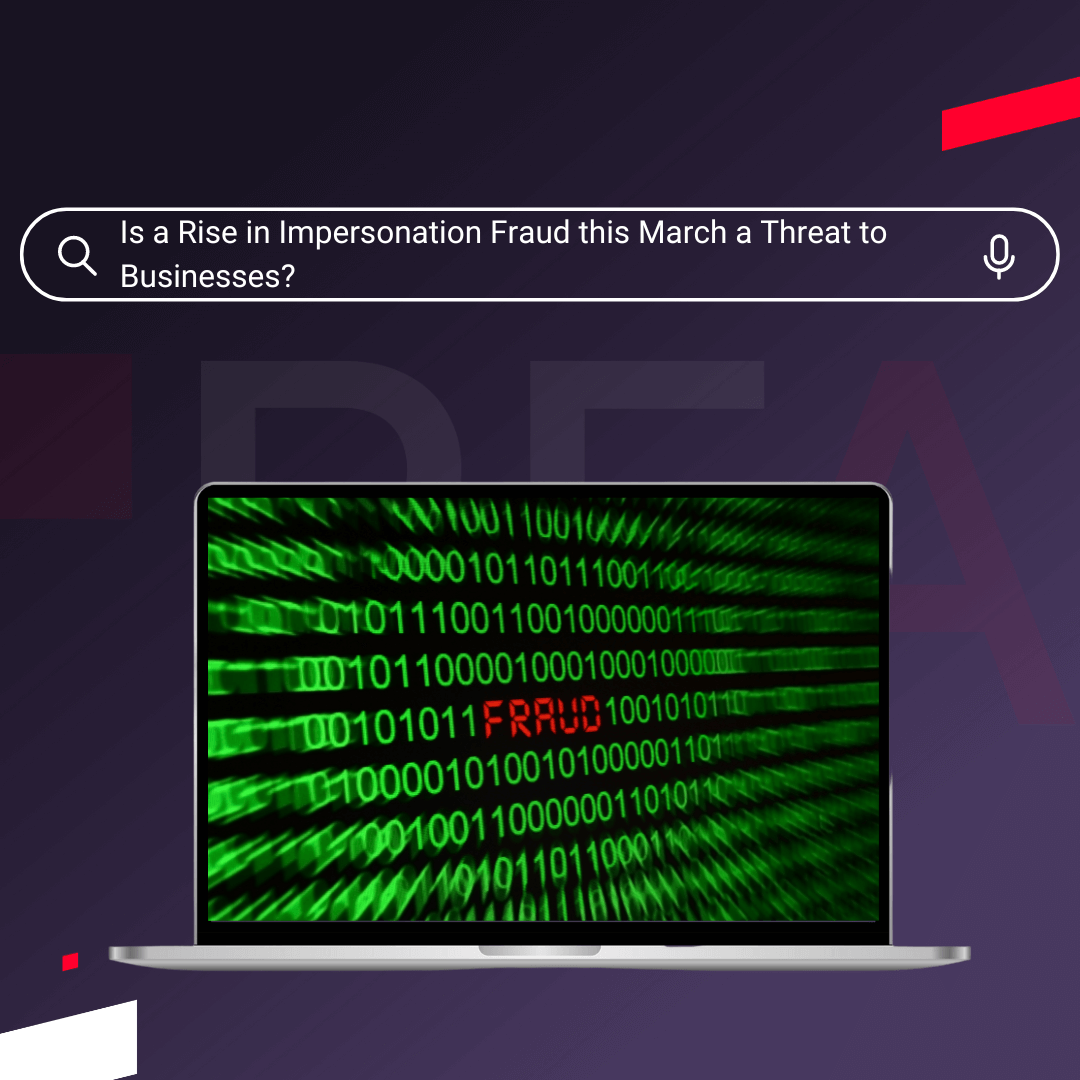In the UK’s rapidly evolving financial landscape, businesses are faced with an ever-expanding web of regulations and reporting obligations. RegTech solutions offer a lifeline, providing the tools and technologies necessary to simplify these processes, reducing the complexity of compliance and improving efficiency.
However, the threat of data breaches looms large. Understanding potential risks and implementing effective measures is key to protecting your business and remaining compliant.
The growing importance of RegTech
Regulatory Technology, or RegTech, is more than just a buzzword; it is a transformative force reshaping the way businesses meet their compliance obligations.
As regulations multiply and become increasingly complex, the need for innovative solutions to navigate this regulatory maze has never been more critical. RegTech has emerged as the answer to this challenge, providing businesses with the necessary tools and technologies to streamline compliance processes, reduce risk, and enhance operational efficiency.
At the heart of this burgeoning sector lies the crucial role of sensitive data. RegTech relies on data for its operations, from monitoring transactions for suspicious activity to ensuring the accuracy of financial reports. As solutions become more integrated into business processes, they also assume the responsibility of safeguarding the sensitive information they handle.
This dual role, as both the solution and protector of data, underscores the growing importance of RegTech.
Key data security concerns
Common data security risks and threats abound, and businesses utilising RegTech solutions must remain vigilant. Among the key concerns are the ever-present spectre of data breaches and unauthorised access. In the event of a breach, the consequences can be severe. Beyond the immediate financial implications, businesses may find themselves exposed to regulatory penalties, damaged reputations, and the erosion of customer trust.
With the rise of cyber threats and increasingly sophisticated hacking attempts, the potential fallout of data breaches serves as a stark reminder of the critical role data security plays in safeguarding sensitive information.
Regulatory frameworks
Existing regulations related to data security in the UK and on a global scale have grown both in number and complexity.
In the UK and across Europe, the General Data Protection Regulation (GDPR) sets the gold standard for data protection, requiring businesses to handle personal data with the utmost care and transparency. Globally, similar regulations such as the California Consumer Privacy Act (CCPA) have emerged, underlining the global nature of data security compliance.
For RegTech companies, alignment with these regulations is not just a best practice; it is a necessity. The consequences of non-compliance are far-reaching, from regulatory penalties to reputational damage, or even prison time for the worst offenders.
To thrive in this environment, RegTech companies need to become champions of data security, ensuring that their solutions are not only compliant with these regulatory frameworks but also actively contribute to their clients' compliance efforts.
Best practices for data security in RegTech
Data security in RegTech demands a comprehensive approach. First and foremost, robust encryption protocols should be employed to protect data both in transit and at rest. This ensures that even in the event of a breach, the information remains indecipherable to unauthorised parties.
Access controls are equally vital. RegTech companies should implement strict role-based access permissions, limiting data access to only those who require it for their specific tasks. Regular monitoring and auditing of access logs can help identify and mitigate any unauthorised or suspicious activity swiftly.
Moreover, data anonymisation and pseudonymisation techniques can be valuable tools, allowing businesses to leverage data for analysis and compliance while protecting individual identities. By practising regular data backups, businesses can minimise data loss in case of unforeseen events.
These strategies, when combined with continuous employee training and awareness programs, create a robust data security framework.
Data privacy and compliance
Regulations like the General Data Protection Regulation (GDPR) have reshaped the global approach to data privacy and compliance.
GDPR, along with other data privacy regulations, has set a standard for how businesses handle personal and sensitive data. The impact of these regulations is profound, compelling businesses to overhaul their data security practices and ensure the utmost transparency and accountability.
RegTech solutions are tailored to assist businesses in achieving and maintaining compliance with data privacy regulations. These platforms offer capabilities that streamline compliance processes, ensuring that businesses can navigate the intricate UK regulatory framework with confidence.
How Red Flag Alert can help you
Data breaches in the RegTech sector are not just security incidents; they are breaches of trust, compliance, and the promise of efficiency. The consequences of mishandling sensitive information are far-reaching, extending from regulatory penalties to reputational damage and eroding customer trust. Safeguard your business from risk with our fully compliant platform.
Red Flag Alert users benefit from:
- Time-saving and convenient EIDV software
- Fully compliant IDV, AML, PEPs, Sanctions and Adverse Media Checks
- Your client to complete a check from their device without having to download an app
- AML Batch checks for bulk uploads
Try Red Flag Alert today for free and let us help you meet your compliance needs!




